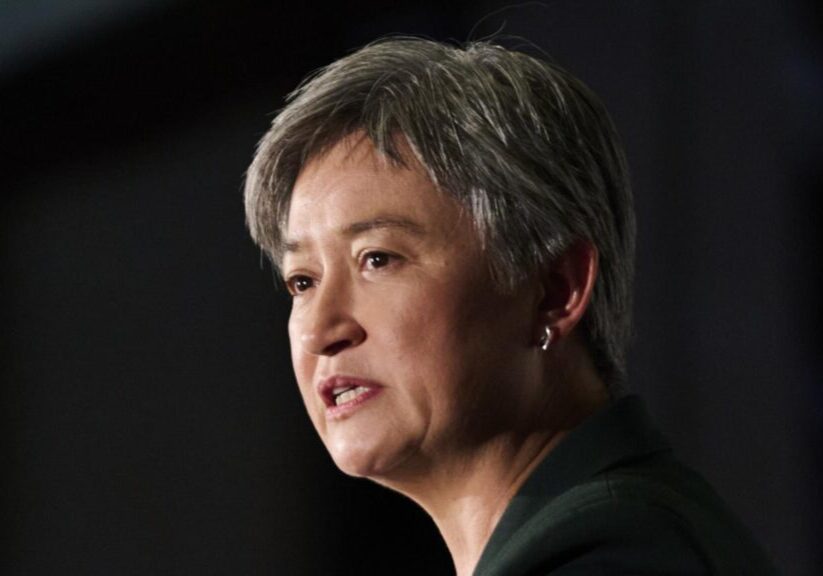IN THE MEDIA
Israel needs support to fight radical Islam
Jul 25, 2006 | Colin Rubenstein
COLIN RUBENSTEIN
The Advertiser – 25 July 2006
IN the world of Middle East politics, coincidences are few and far between. And it’s not happenstance that Iran is staring down the barrel of UN sanctions over its nuclear weapons program when all hell breaks loose in Gaza and Lebanon.
The fingerprints of Iran are all over the crisis. Tehran founded, funds and equips Hezbollah in Lebanon. The arsenal of 13,000 rockets that the jihadists are firing into northern Israel all arrived, special delivery, from Iran.
There is also a growing body of evidence indicating that Iranian technical expertise is behind the epidemic of Palestinian Qassam rockets that are slamming into southern Israel from Gaza. And there is no question about the origins of the C802 anti-ship missile that hit an Israeli missile boat off the coast of Beirut. The C802 is a Chinese weapon that is manufactured under licence in Iran.
But beyond speculation about the hidden hand of Iran in this conflict, there are a few factual certainties as well.
It is fact that Australia, the U.S. and the European Union all formally classify Hezbollah and Hamas as terrorist organisations. Both groups have long, bloody records of deliberately slaughtering civilians.
It is also fact that there is no justification, either in law or in ethics, for the blatant violation of sovereign Israeli territory to kill and kidnap Israel soldiers. In May, 2000, Israel withdrew its forces from Lebanon behind a demarcated international border that was recognised by the community of nations. This put to rest any territorial quarrel between Lebanon and Israel.
And last August, the Israelis unilaterally withdrew troops and citizens from Gaza, promising substantial territorial concessions in the West Bank. And what did Israel get in return? More than 1000 Qassam rockets fired into Israel. Hundreds of sniper attacks and failed attempts to infiltrate Israel’s borders with both Gaza and Lebanon.
The Israelis are trying to defend themselves by striking at their armed enemies while sparing the civilian populations in Gaza and Lebanon. And while such a task is difficult in the clearest wartime circumstances, it is almost impossible when your enemy operates and hides himself and his missiles among his own civilian population.
But in the final equation, the protection of its citizens is the primary responsibility of any government. While the Israeli military will do what it can to spare non-combatant lives on the other side, it has every right to attack those who try to kill its own civilians. As part of this effort, Israel has to prevent the re-supply of missiles and weaponry to Hezbollah, which entails shutting off road, sea and air routes.
The way out for Lebanon, of course, is for Hezbollah to be disarmed and the Lebanese Army deployed in southern Lebanon, as several UN Security Council resolutions demand. This will protect both Lebanese and Israeli civilians from bloody conflict precipitated whenever convenient for Hezbollah’s masters in Tehran and its patrons in Damascus.
The Iranian meddlers who are fomenting open conflict with the Jewish state have their fingers in other pies as well.
For months, Coalition troops in Iraq have taken note of the “shaped charge” explosives that have begun to turn up in the hands of the insurgents. The conventional wisdom is that these hi-tech IEDs have been supplied by the Iranian revolutionary guard.
Gaza, Lebanon, Iraq and Afghanistan are all part of the same war. Democracies throughout the world are under the same threat from jihadists who wish to drag civilisation back to the 7th century.
Israel’s battle is one that deserves support out of a sense of Australia’s self-interested calculation. The Israelis are in the front line in confronting radical Islamic aggression and terrorism. It is critical for regional stability, as even Israel’s Arab neighbours have recognised by condemning Hezbollah’s adventurism, that Iran and its radical Islamist proxies fail in their grandiose and dangerous objectives.
Dr Colin Rubenstein is executive director of the Australia/Israel & Jewish Affairs Council.
Tags: Iran











